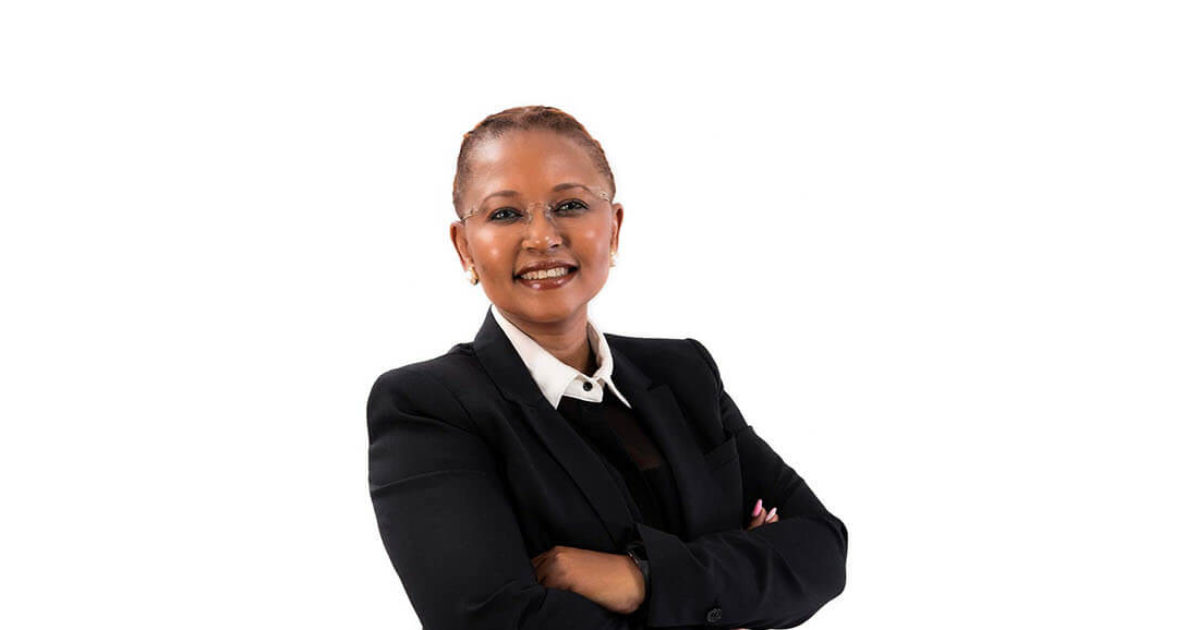By Dr Nombasa Tsengwa – Executive Head of Coal Operations at Exxaro
Shining a light on the shadow pandemic
In the wake of the global pandemic, a murky ‘shadow pandemic’ has emerged from which no country is immune. Violence and abuse against women and girls have been intensified by security, health and financial concerns, and compounded by the lockdown measures in many countries.
President Cyril Ramaphosa faced the ugly truth when he stated, “As a country, we find ourselves in the midst of not one, but two, devastating pandemics. Although very different in their nature and cause, they can both be overcome – if we work together, if we each take personal responsibility for our action and if we each take care of each other.”
As the number of Covid-19 infections rises in South Africa, the impact on women is becoming more obvious. Women are much more likely than men to be affected by the current crisis. According to the United Nations Population Fund, one in three women experience domestic violence in South Africa and the rate of femicide is five times the global average. Therefore, what is transpiring behind the closed doors of the lockdown is gravely concerning.
In addition to these alarming statistics, it’s estimated that the global gender pay gap is 16%, leaving women more vulnerable to economic hardship. Approximately 60% of women’s employment is in the informal economy, with limited access to social protection. So, the big question is, what can we do to change things?
Powering possibility
Successful women have a responsibility to guide, support and pave the way for the future generation of female leaders. We must be approachable and willing to spend time on mentorship and other initiatives that build women up. However, this is only possible if men join us on this mission.
According to women’s rights activist Graca Machel, the first step is to allow women to be heard: “If you have to have a proper response to this and if you want to have any kind of proper redesigning … you have to bring this to the centre and listen to women’s voices and aspirations.”
The Minerals Council South Africa is actively taking on the challenge of closing the gender diversity gap in the mining sector. Some of their most notable achievements include the appointment of a great leader, Nolita Fakude (Group Director South Africa, Anglo American), to champion this cause. She has been elected as Vice President of the Minerals Council South Africa in a positive step towards closing the gender diversity gap.
In light of the global pandemic, it is more important than ever that humanity stands together. Men need to embrace the idea of having more women in leadership roles, and we ALL need to proactively strive for greater equality in terms of access to quality education and job opportunities.
Collaborating to create real empowerment
Regardless of race, age or gender, we need to work together to facilitate the changes necessary to improve the lives of women in South Africa and beyond her borders. There are four practical steps that we can take to help turn the tide on inequality:
- Engage women through partnerships, funding and leadership positions
Women need to be genuinely engaged in decision-making when it comes to their lives, careers and communities. Real transformation can only occur when leadership in all spheres of government and business is diverse and inclusive.
- Unite in a stance of zero tolerance for gender-based violence
Legal and support systems to prevent and respond to gender-based abuse, including women’s centres, shelters, domestic violence helplines and legal aid, must be made more accessible and the culprits of gender-based violence should face the full might of the law.
- Improve access to education and skills development
School closures can worsen gender inequalities, especially in disadvantaged communities where girls and adolescents are often burdened with the care of siblings or elderly relatives. This, in turn, may result in them falling behind in school or even dropping out. Having access to quality education, resources and tools should not be dependent on gender.
- Protect women’s financial opportunities
Millions have lost their incomes during the Covid-19 catastrophe, many of them women who were already subjected to unequal pay. Government and the business sector have a duty of care to invest in safety nets for women in the formal and informal economies through the provision of paid sick leave, unemployment benefits, paid family and parental leave, cash transfers and access to emergency healthcare.
This Women’s Month, we need to do more than simply reflect on the inequalities that women face. Instead, let’s connect and start partnering to effect the real changes needed to help women survive and thrive, now and beyond 2020.
